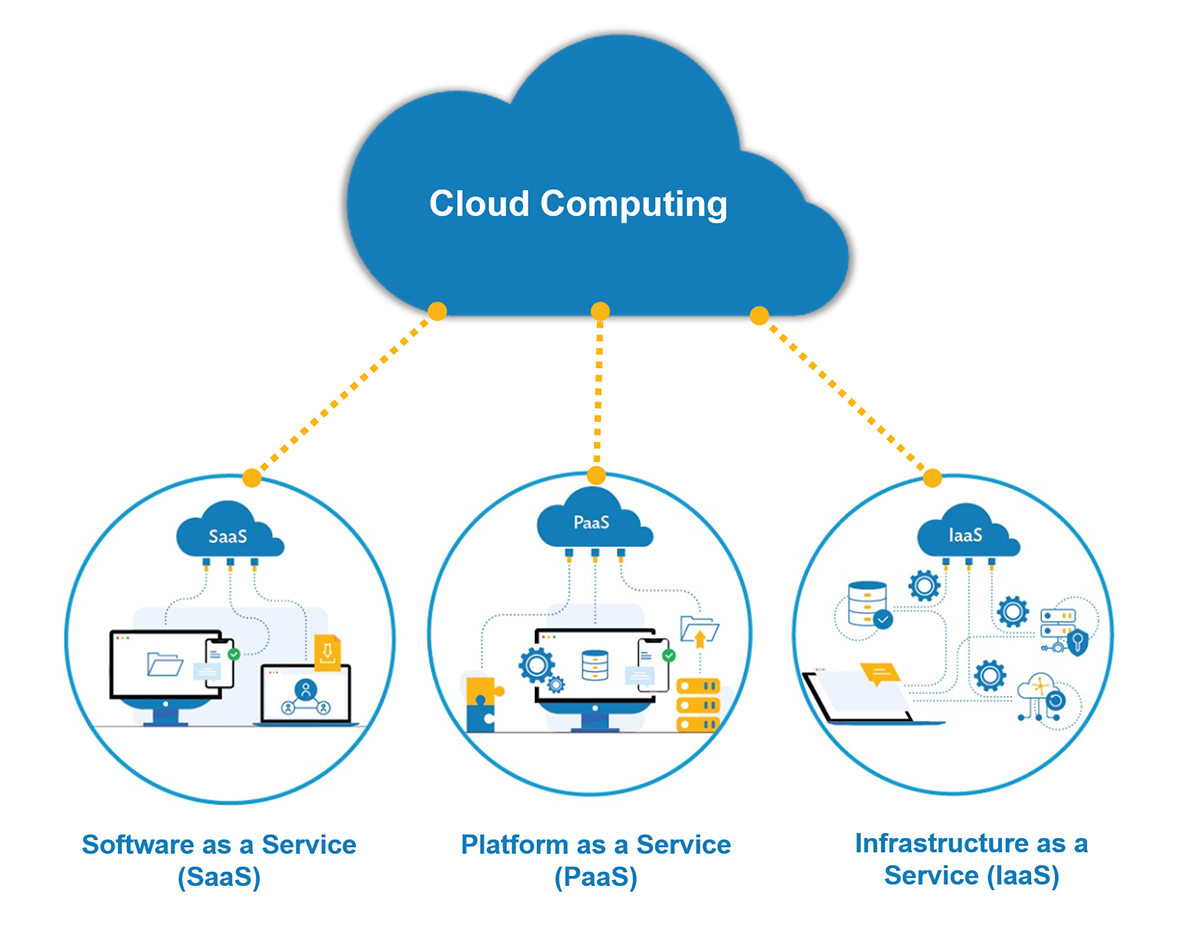Cloud computing timeline in India and Insurance Sector
Cloud
computing has become increasingly popular in India over the past decade. Here
is a timeline of some of the key developments in cloud computing in India:
2009:
Amazon Web Services (AWS) launched its cloud computing platform in India,
making it one of the first global cloud providers to enter the Indian market.
2011:
Microsoft launched its Azure cloud computing platform in India, offering a
range of cloud-based services to businesses and developers.
2012:
Google Cloud Platform (GCP) launched its cloud computing platform in India,
providing a range of services including compute, storage, and data analytics.
2015:
The Indian government launched its Digital India campaign, aimed at increasing
digital literacy and expanding digital infrastructure across the country. The
campaign included a focus on cloud computing as a key technology for driving
digital transformation.
2016:
IBM launched its cloud computing platform in India, offering a range of
services including artificial intelligence (AI) and blockchain.
2017:
Alibaba Cloud, the cloud computing arm of Alibaba Group, announced plans to
open a data center in India, marking its entry into the Indian cloud computing
market.
2018:
Microsoft announced the launch of its first cloud data centers in India,
providing Indian businesses with access to its cloud services and helping to
address concerns around data sovereignty.
2019:
Google announced the launch of its second cloud data center in India, aimed at
providing businesses with faster access to its cloud services.
Overall,
cloud computing has rapidly evolved in India over the past decade, with major
global cloud providers entering the market and the Indian government
recognizing its importance for driving digital transformation. This trend is
expected to continue in the coming years, as more Indian businesses look to
adopt cloud computing as a key technology for growth and innovation.
 |
| Cloud Computing |
Cloud
computing has become increasingly important for the insurance industry in
India. Here is a timeline of some of the key developments in cloud computing in
the Indian insurance industry:
2014:
The Insurance Regulatory and Development Authority of India (IRDAI) issued
guidelines for the use of cloud computing in the Indian insurance sector. The
guidelines provided a regulatory framework for insurers to use cloud computing
services and highlighted the benefits of cloud computing for the insurance
industry.
2015:
Tata Consultancy Services (TCS) launched its cloud-based insurance platform,
aimed at helping insurers in India and around the world to improve their
operations and enhance their customer experience.
2016:
SBI General Insurance became one of the first insurance companies in India to
move its core systems to the cloud, partnering with Microsoft to implement a
cloud-based solution for its policy administration, claims management, and
financial accounting processes.
2017:
Max Life Insurance announced the implementation of a cloud-based policy
administration system, aimed at improving its speed to market and customer
service capabilities.
2018:
Bajaj Allianz General Insurance partnered with Microsoft to implement a
cloud-based solution for its core systems, enabling it to streamline its
operations and enhance its customer experience.
2019:
The IRDAI issued new guidelines for the use of cloud computing in the Indian
insurance industry, aimed at providing further clarity and guidance for
insurers looking to use cloud-based services.
Overall,
the Indian insurance industry has been quick to recognize the benefits of cloud
computing, and many insurers have started to adopt cloud-based solutions for
their core systems and operations. This trend is expected to continue in the
coming years, as insurers look to leverage the scalability, flexibility, and
cost-effectiveness of cloud computing to stay competitive and meet the evolving
needs of their customers.
Author
Maryam Saeed Dogar
For more article, kindly read blogs by visiting at https://ihf12.blogspot.com/.
For more videos, kindly visit our two YouTube channels
https://www.youtube.com/@imspakistan7268
https://www.youtube.com/@islamicfinance2538

Comments
Post a Comment
Please do not enter any spam link in comment box.